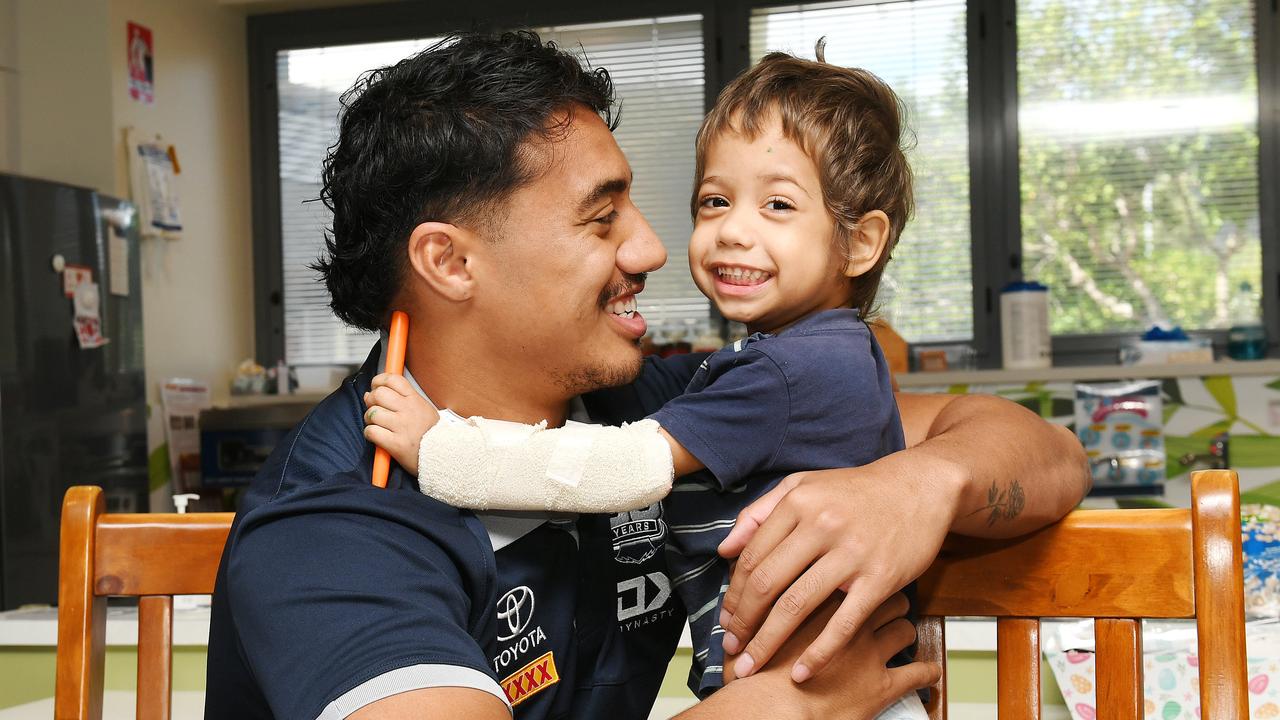‘Brought here via child safety’: Workers offer insight into youth crime
Youth workers and Indigenous elders say kids at the centre of the youth crime epidemic aren’t from NQ and reveal what could be behind their behaviour.
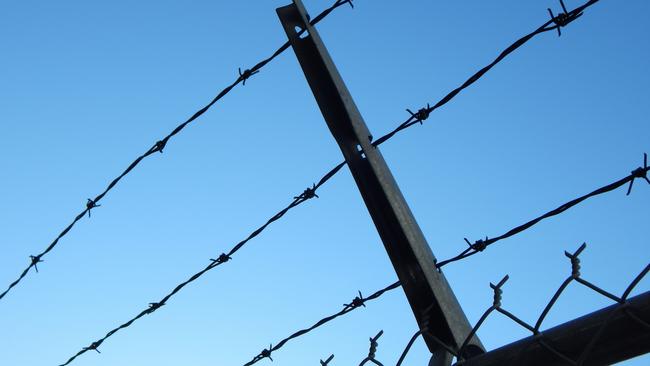
Townsville
Don't miss out on the headlines from Townsville. Followed categories will be added to My News.
Workers on the front lines of Townsville’s youth crime crisis, and those who’ve experienced it first-hand, have had their say on how the Queensland government’s new laws measure up at a crime committee held in Townsville.
Israel Judah himself spent seven years in prison, 12 years addicted to meth, and 14 years homeless, and told the hearing he’d gone through “layers and layers” of therapy in order to break the cycle for himself.
“Now we’ve got teenagers going into homes with knives, committing crimes that ten years ago we never would’ve thought of,” Mr Judah said.
Mr Judah – who described himself as an Indigenous pastor and ‘third-world’ missionary – told the committee a holistic therapy approach was needed for offenders and their families in order to address the root of the issue, alongside tougher sentencing.
“Get these criminals off the streets, yes, but sooner or later they’re going to be released back onto the streets,” he said.
“What then?”
Miya CEO Lachlan Sloan helps run residential care homes in Townsville for at-risk children, and said “many” young offenders had FASD, trauma, and undiagnosed mental health issues like PTSD with “minimal psychological services available”.
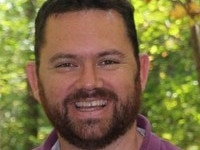
“Cultural disconnection and intergenerational trauma fuels this crisis,” Mr Sloan said.
“Eventually, no matter what you do, the child will return to the family, and if the family’s needs are not addressed and their trauma is not addressed, it’s very difficult to be successful long-term with that child.
“If you see a young person on the streets after 10 o’clock at night, they typically aren’t there by choice. They are there because hanging out with their mates is often safer than being at home and experiencing domestic violence, trauma and sexual abuse.”
A wide range of people spoke at the public hearing at the Mercure Hotel on May 8, and while they all had a different approach to the issue, everyone agreed that longer juvenile sentencing was needed for serious crimes.
Townsville First Nations Community Council chair Enid Surha said around 90 per cent of the children in Cleveland Youth Detention Centre were Indigenous.
“Some of our young people in this town are not with their parents. They are under the guardianship of government departments such as child safety,” Ms Surha explained.
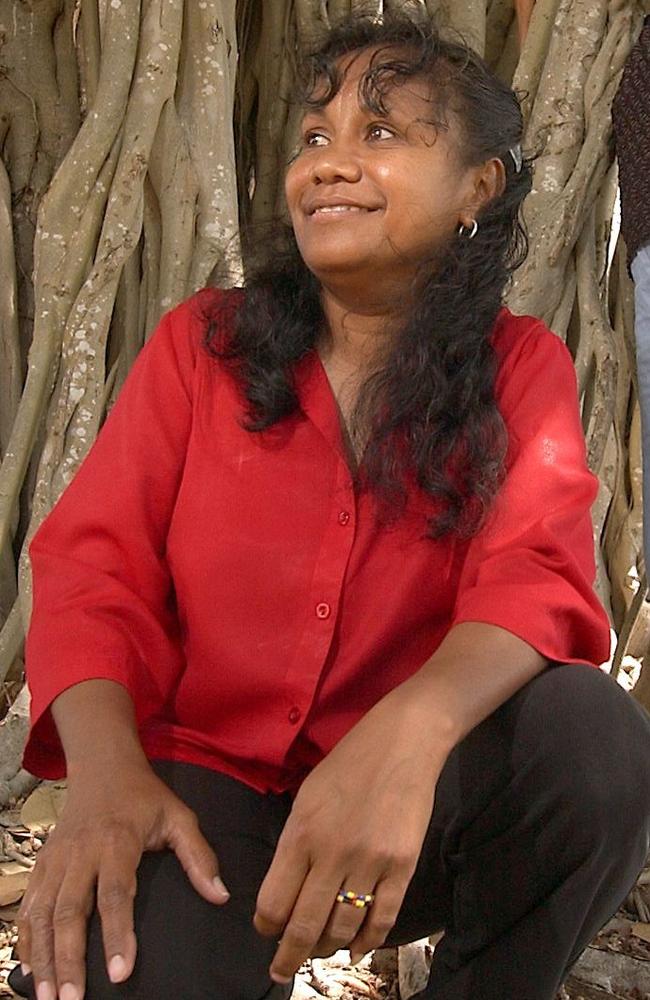
“Some of the young people are also not from this community, they are from other remote regions and brought here via child safety.”
Ms Surha pointed out the overlooked fact that the vast majority of children in youth detention had undiagnosed cognitive disabilities, like foetal alcohol spectrum disorder (FASD).
FASD is the leading non-genetic disability in Australia.
Waiting times for public FASD assessment in Queensland can be up to two years, with private assessments costing thousands of dollars.
Dr Alan Wallace, a long-term Townsville resident and GP, urged the state MPs to move carefully as they implement the new laws lest “history will judge this generation no more kindly than those who perpetrated the Stolen Generation”.
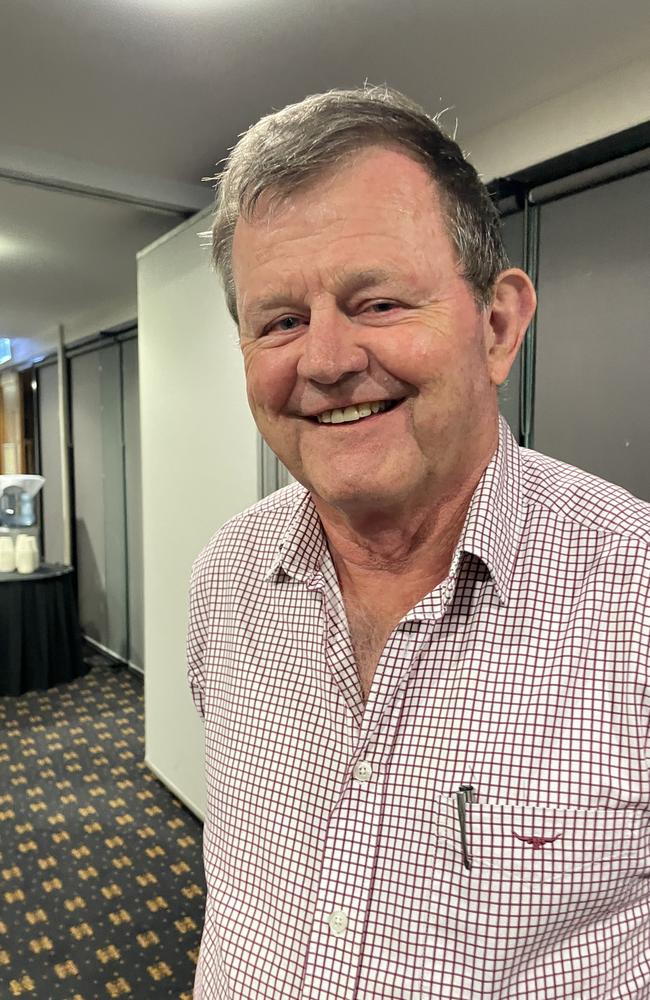
Yet even Dr Wallace agreed children who committed violent crimes should face harsher punishment.
“You do need to lock them up,” Dr Wallace said.
“But you don’t solve this by throwing away the key.”
Dr Wallace said the government needed to be more proactive.
“Measures need to be taken before a crime is committed, before birth, in some cases,” he said.
“For these children’s sake, it’s time the idiocy stopped.”
Flaws in the education and health system were mentioned several times by speakers, especially those who worked directly with at-risk youth.
More Coverage
Originally published as ‘Brought here via child safety’: Workers offer insight into youth crime



